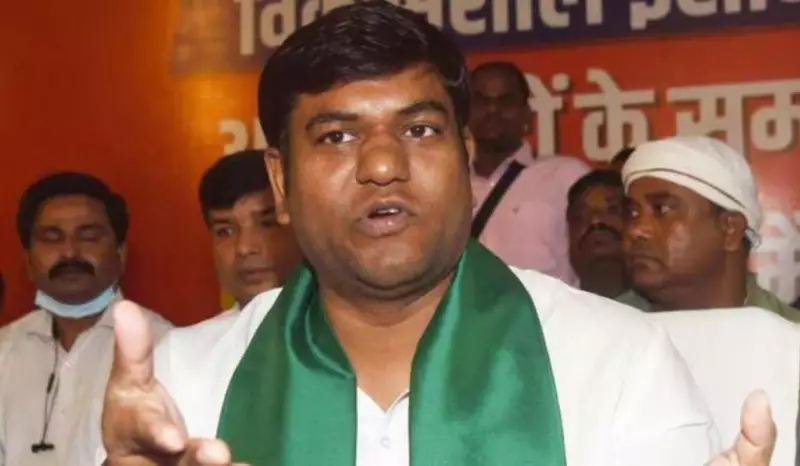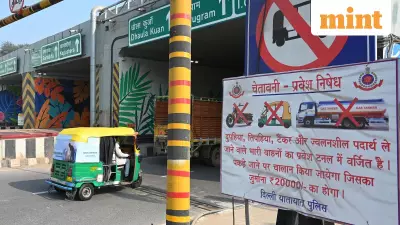
The recently concluded Bihar assembly elections have delivered a stark verdict on Mukesh Sahani's political influence, with his Vikassheel Insaan Party (VIP) failing to make any significant impact on the electoral outcome. Despite high expectations and aggressive campaigning, the party's performance fell dramatically short of projections.
Electoral Performance: A Numbers Game
Mukesh Sahani's VIP party contested 20 seats across Bihar in the 2025 assembly elections, but the results tell a story of comprehensive rejection by voters. The party failed to secure victory in any of the constituencies it contested, with most candidates losing their deposits due to poor vote share.
In the critical Simri Bakhtiarpur seat, which Sahani himself contested, he managed to secure only 18,542 votes, finishing a distant third behind the winning candidate. This performance was particularly disappointing given his previous claims of strong support in the region.
Strategic Missteps and Alliance Woes
Political analysts point to several key factors behind VIP's poor showing. The party's decision to go solo after previously being part of the NDA alliance appears to have backfired significantly. During the 2020 elections, when VIP was part of the ruling coalition, the party had managed to win four seats and demonstrated considerable influence in certain constituencies.
However, the 2025 elections saw a complete reversal of fortunes. The break from NDA cost the party crucial organizational support and financial resources. More importantly, it lost the transfer of votes that typically comes from being part of a larger coalition.
Regional Impact and Future Prospects
The election results have raised serious questions about Mukesh Sahani's political future and the viability of VIP as an independent political force in Bihar. The party's core support base among the Nishad community and other extremely backward classes (EBCs) appears to have fragmented, with voters preferring either the ruling coalition or established regional parties.
In seats where VIP had previously shown strength, such as those in the Mithila and Seemanchal regions, the party's vote share dropped by significant margins. This suggests that the Nishad community vote did not consolidate behind Sahani as anticipated.
The 2025 election results serve as a crucial lesson for smaller regional parties in Bihar politics. Without strong organizational structure, adequate resources, and strategic alliances, even parties with dedicated caste support bases struggle to make an impact in the state's complex political landscape.
As Bihar politics continues to evolve, Mukesh Sahani and VIP face an uphill task of rebuilding their political relevance. The complete washout in these elections may force a re-evaluation of strategy and possibly a return to alliance politics for future electoral battles.





